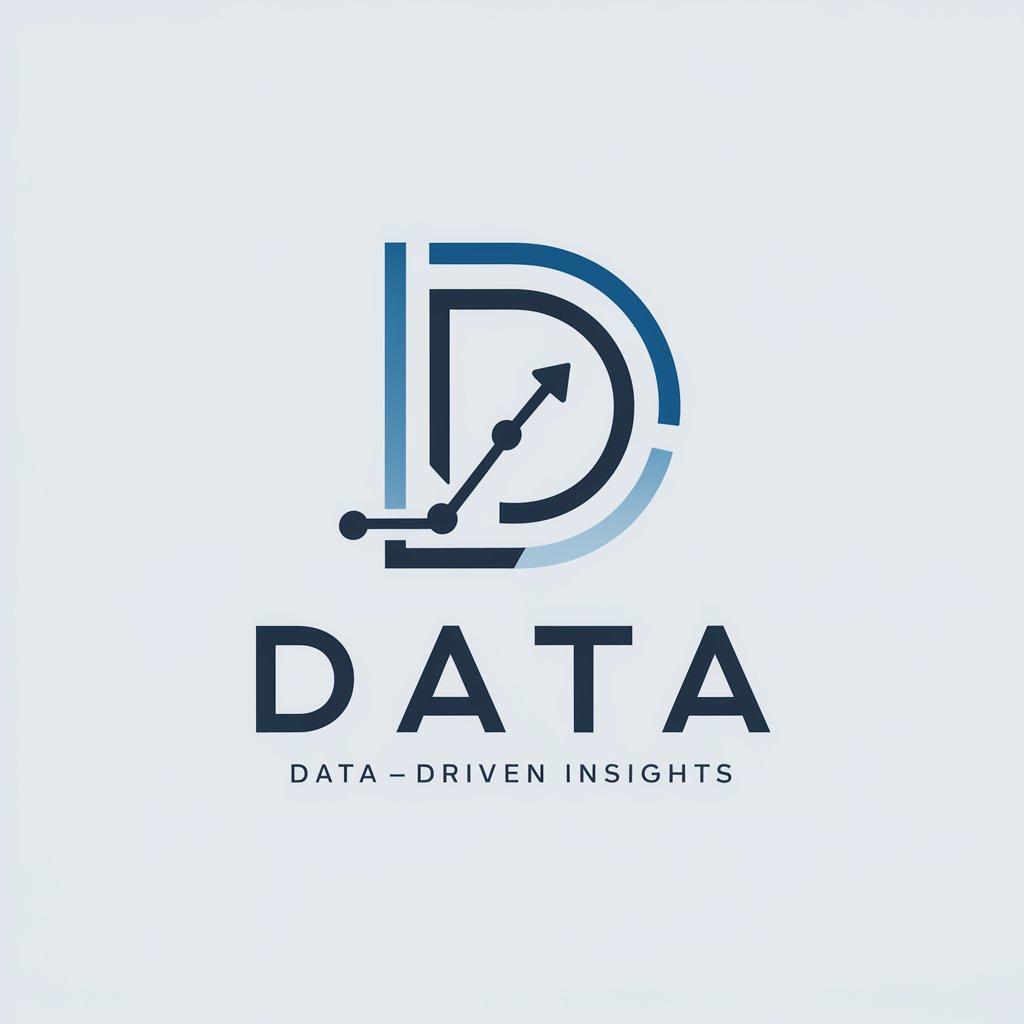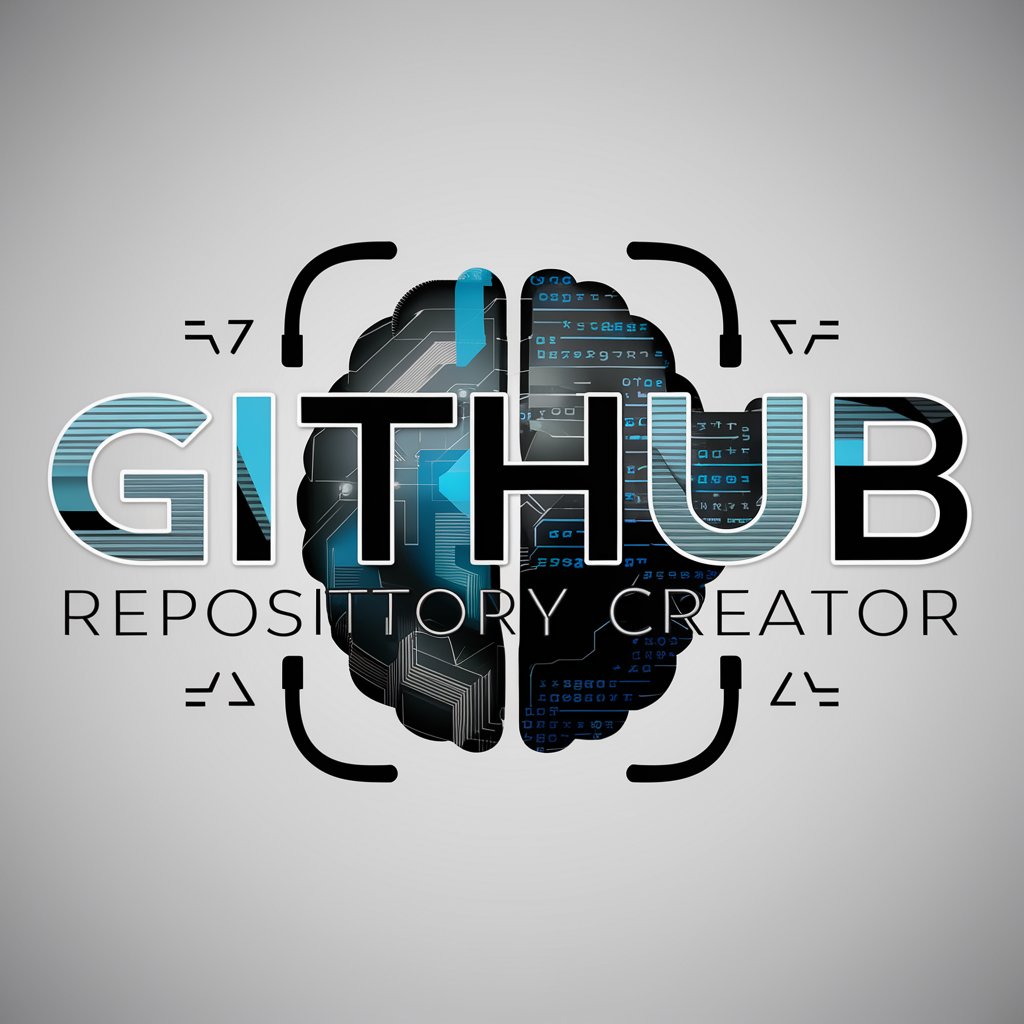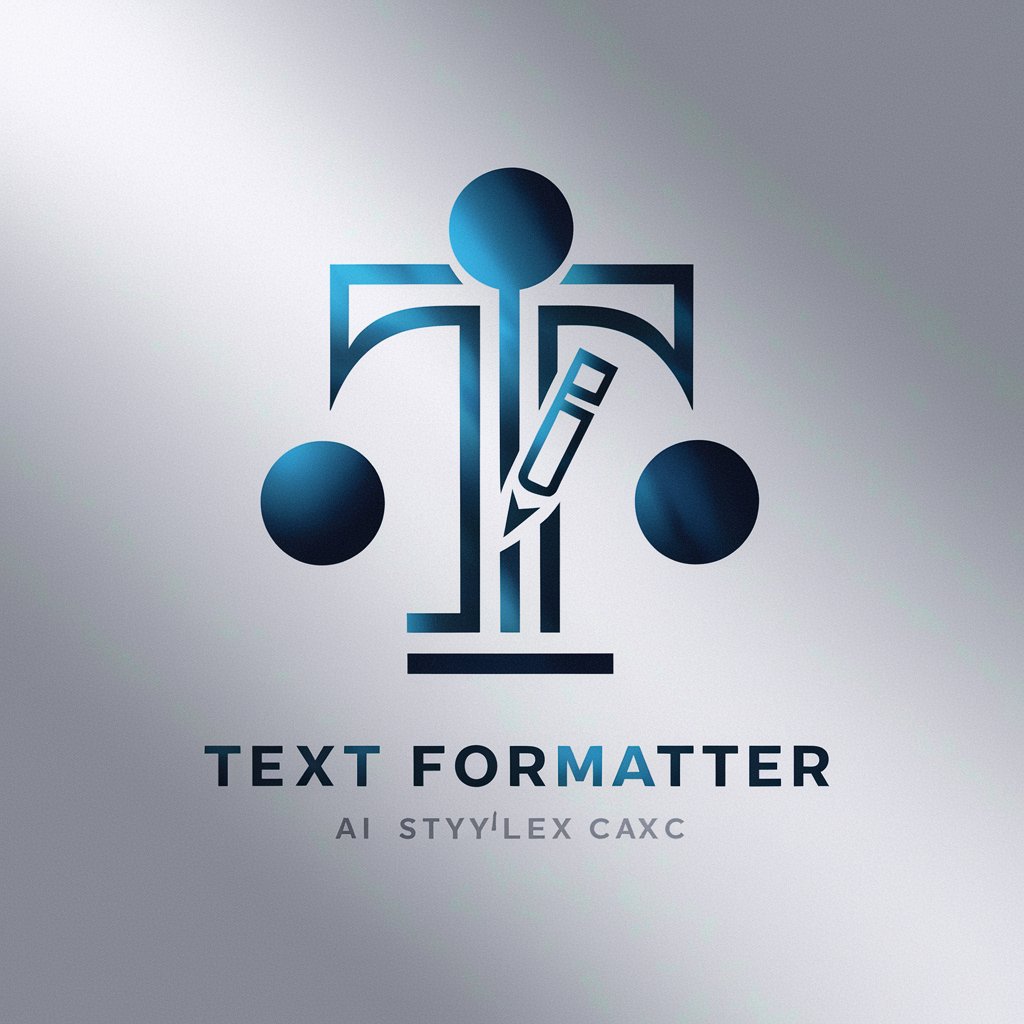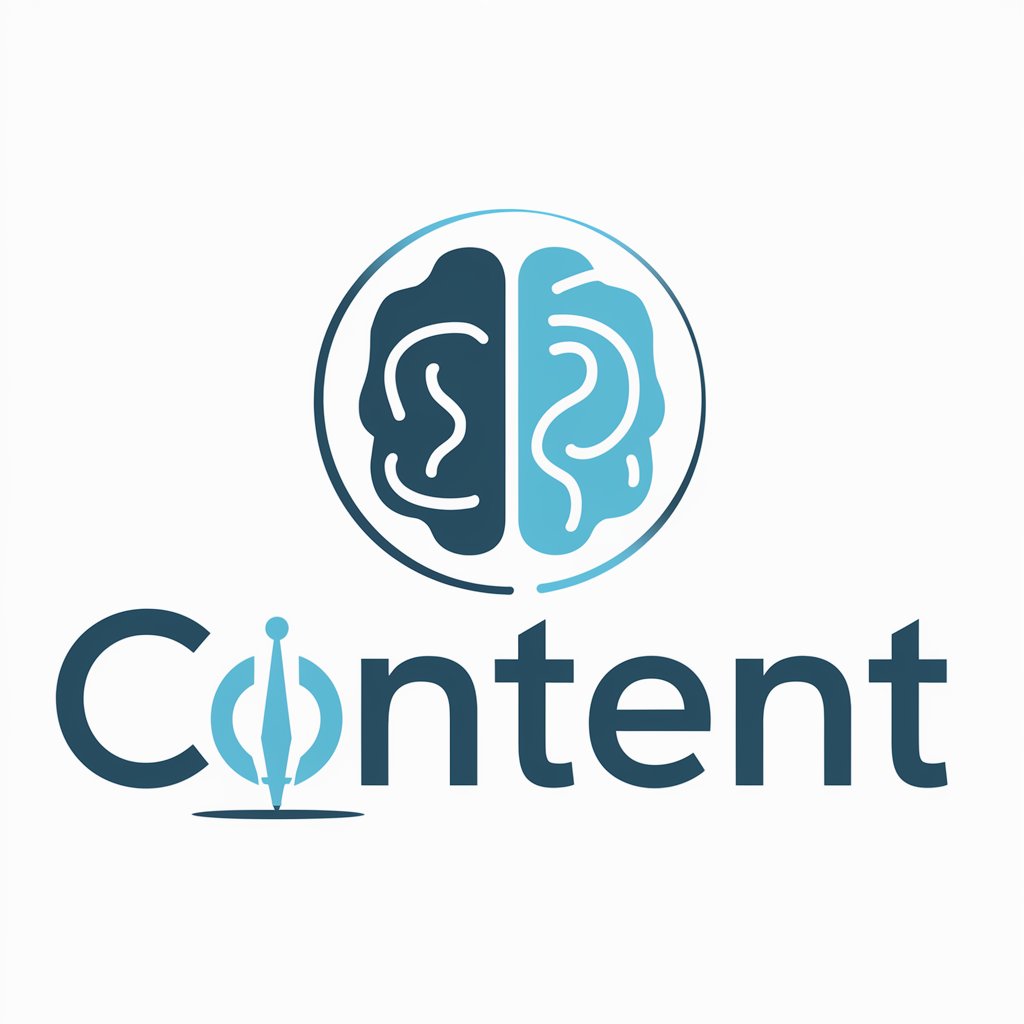Data - AI tool for data tasks.

Welcome! I'm Data, here to assist with your data needs.
Unleash AI power with Data.
Analyze the latest trends in
Provide a detailed comparison of
Generate a statistical report on
Summarize the key data insights from
Get Embed Code
Introduction to Data
Data is an AI-powered service designed to offer comprehensive support for data-related tasks. Its core functions include data analysis, visualization, manipulation, and interpretation. Leveraging advanced algorithms and machine learning techniques, Data excels at processing diverse data types, such as numerical, textual, and multimedia formats. For instance, it can analyze sales data to spot trends, forecast stock prices, or generate summaries of research articles using natural language processing. Powered by ChatGPT-4o。

Main Functions of Data
Data Analysis
Example
Conducting statistical analysis on financial data to uncover patterns and trends.
Scenario
A financial analyst utilizes Data to scrutinize historical stock prices and market trends, aiding in making well-informed investment decisions.
Data Visualization
Example
Developing interactive charts and graphs to illustrate sales performance over time.
Scenario
A marketing manager employs Data to visually represent sales data across different regions and product categories, enabling the identification of growth opportunities.
Data Manipulation
Example
Cleaning and preprocessing text data for sentiment analysis.
Scenario
A social media analyst utilizes Data to preprocess user-generated content, eliminating noise and irrelevant information before conducting sentiment analysis to gauge public opinion.
Data Interpretation
Example
Analyzing the outcomes of A/B testing to optimize website performance.
Scenario
A digital marketer utilizes Data to scrutinize user engagement metrics and decipher the impact of diverse website designs or marketing strategies on conversion rates.
Ideal Users of Data Services
Data Scientists and Analysts
Data scientists and analysts seeking advanced tools for data analysis, modeling, and visualization find Data services indispensable. They leverage Data's capabilities to delve into extensive datasets, conduct intricate analyses, and extract actionable insights.
Business Professionals
Business professionals spanning diverse industries like finance, marketing, and healthcare derive immense value from Data services. They utilize Data to scrutinize market trends, monitor performance metrics, and make data-driven decisions. It aids them in gaining deeper insights into customer behavior, streamlining business processes, and enhancing overall efficiency.
Researchers and Academics
Researchers and academics rely on Data services to analyze research data, visualize experimental outcomes, and effectively communicate their findings. They leverage Data to explore correlations, test hypotheses, and present research findings in a coherent and compelling manner, facilitating knowledge dissemination and academic advancement.

How to Use Data:
Visit yeschat.ai for a free trial without login, also no need for ChatGPT Plus.
No login or ChatGPT Plus required. Simply visit yeschat.ai to access Data.
Choose the appropriate tool or function.
Select from a range of tools such as data analysis, natural language processing, and content generation.
Input your data or query.
Upload your dataset, enter your text, or ask your question to initiate the analysis or processing.
Review and interpret the results.
Examine the generated insights, summaries, or responses provided by Data.
Iterate and refine as needed.
Adjust parameters, refine queries, or explore additional features to further optimize your results.
Try other advanced and practical GPTs
Web Browser
Unlock AI-powered web browsing.

GitHube Copilet
Empowering developers with AI assistance.

Github Repository Creator
AI-driven GitHub Repository Generation

Crypto Bot
Empowering your crypto trading with AI insights.

Text Formatter
Refine your text with AI-powered styles.

Grocery List Maker
Effortlessly update grocery lists with AI-powered recipe integration.

Voltage Finance Senior Marketer
Empowering Marketing and Community Engagement with AI

HTML CSS Builder
Transform Designs into Code Instantly

HTML to FlocssSCSS
Transform HTML to SCSS with AI precision.

Deep Learning
Unleash the power of AI with Deep Learning.

Content
Empower Your Writing with AI

Google ads Expert
Empower your Google Ads with AI insights.

Data Q&A:
What is Data?
Data is an AI-powered tool designed to assist with various data-related tasks such as analysis, processing, and generation.
What are some common use cases for Data?
Data can be used for tasks such as data analysis, natural language processing, content generation, decision support, and trend analysis.
How accurate is Data?
Data strives for high accuracy by leveraging advanced algorithms and machine learning techniques. However, accuracy may vary depending on the complexity of the task and the quality of input data.
Is Data suitable for beginners?
Yes, Data is user-friendly and suitable for beginners. It offers intuitive interfaces and helpful documentation to assist users at all skill levels.
Can Data handle big data?
Yes, Data is capable of handling large datasets and performing complex analyses thanks to its scalable infrastructure and parallel processing capabilities.
